27 April 2025 at Faculty of Commerce
Mansoura University Introductory Video
Opening Remarks
- Prof. Tarek Ghalwash – Vice President of Mansoura University
- Prof. Cherif Khater – President of Mansoura University
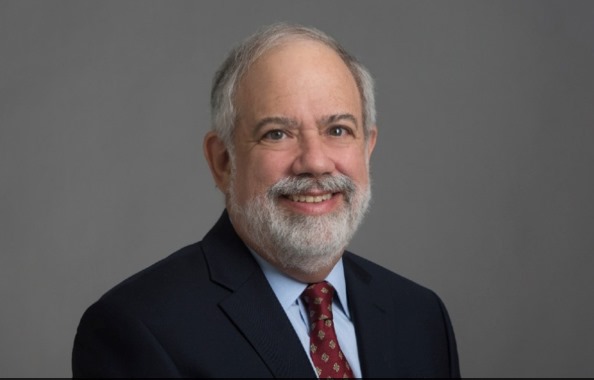
Dr. Alan Landay is the Vice President of Team Science and Professor in the Departments of Internal Medicine and Microbiology and Immunology at the University of Texas Medical Branch, Galveston. He has been involved in HIV research for over 43 years, having performed some of the first immune evaluations of HIV-infected hemophiliacs in 1981 while completing a postdoctoral fellowship at the University of Alabama, Birmingham.
More recently, he has focused his efforts on studies of COVID-19 where he led the research effort for COVID-19 in the Department of Medicine at Rush and was the leader in establishing the COVID-19 biorepository. He also lead the COVID-19 lab efforts for the NIH-funded ACTG Lab group. Additionally, Dr. Landay has been working on developing novel host biomarkers for characterizing both emerging and re-emerging pathogens as part of the Abbott Pandemic Defense Coalition. He is in the process of extending his studies to now include a multi-omics approach to evaluate arboviruses especially dengue and focused on metabolomics and proteomics. He has published over 600 peer-reviewed papers focused on basic and clinical studies of HIV, with an emphasis on the role of immune activation, inflammation, and the microbiome in HIV pathogenesis, therapy, aging, and cure research.
Dr. Hani Serag- University of Texas Medical Branch
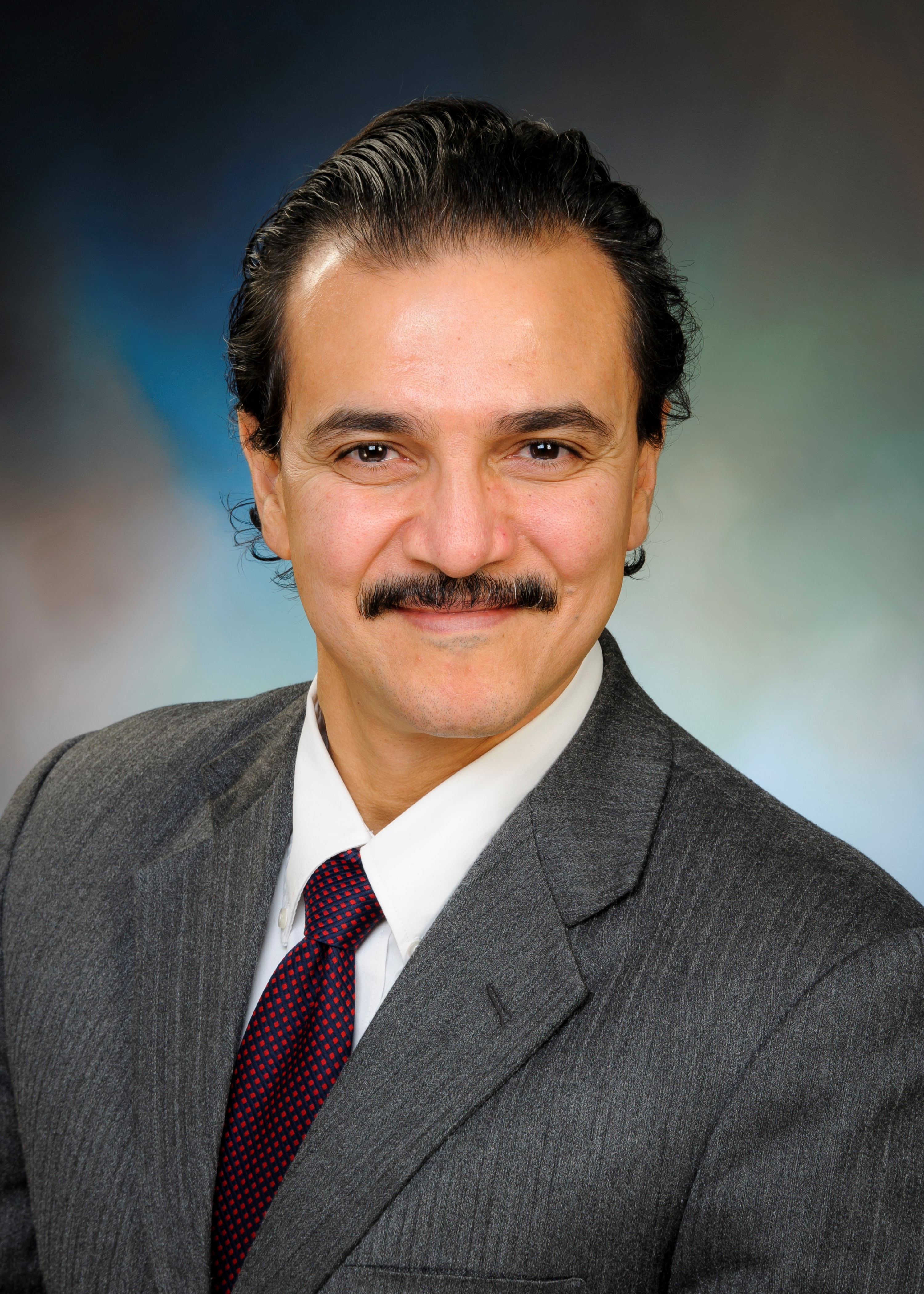
Dr. Serag is a physician and a public health researcher. He is currently the director of the Division of Global Partnership and an assistant professor at the Department of Population Health and Health Disparities at the School of Public and Population Health. He is also an adjunct assistant professor at the Departments of Internal Medicine and Pediatrics, and an associate member of the Graduate Faculty at the Graduate School of Biomedical Sciences, the University of Texas Medical Branch (UTMB).
Dr. Serag focuses on enhancing the responsiveness of health systems, specifically through incorporating preventive measures for chronic health conditions into clinical settings. He is currently the Principal Investigator of the Diabetes Prevention and Control Programs focusing on diabetes prevention and diabetes self-management education. He is also the project director of HIV routine screening at the Emergency department. Both programs are well-supported by federal and state grants.
Dr. Serag’s teaching, research, and public health practice interests are health policy and governance, health system policies, health equity, and rights for community empowerment. He has sound experience in working in different settings and across cultures. Dr. Serag is the director of UTMB global health sites in the Middle East and North Africa, providing quality training opportunities for UTMB students abroad.
From 2005-2008, he led the civil society engagement with the WHO Commission on Social Determinants of Health. Between 2000-2009, he served as the Health Policy and Systems Program director at the Association for Health and Environmental Development, a leading think-tank group in Egypt.
Dr. Matt Mendoza- Program Manager of Team Science
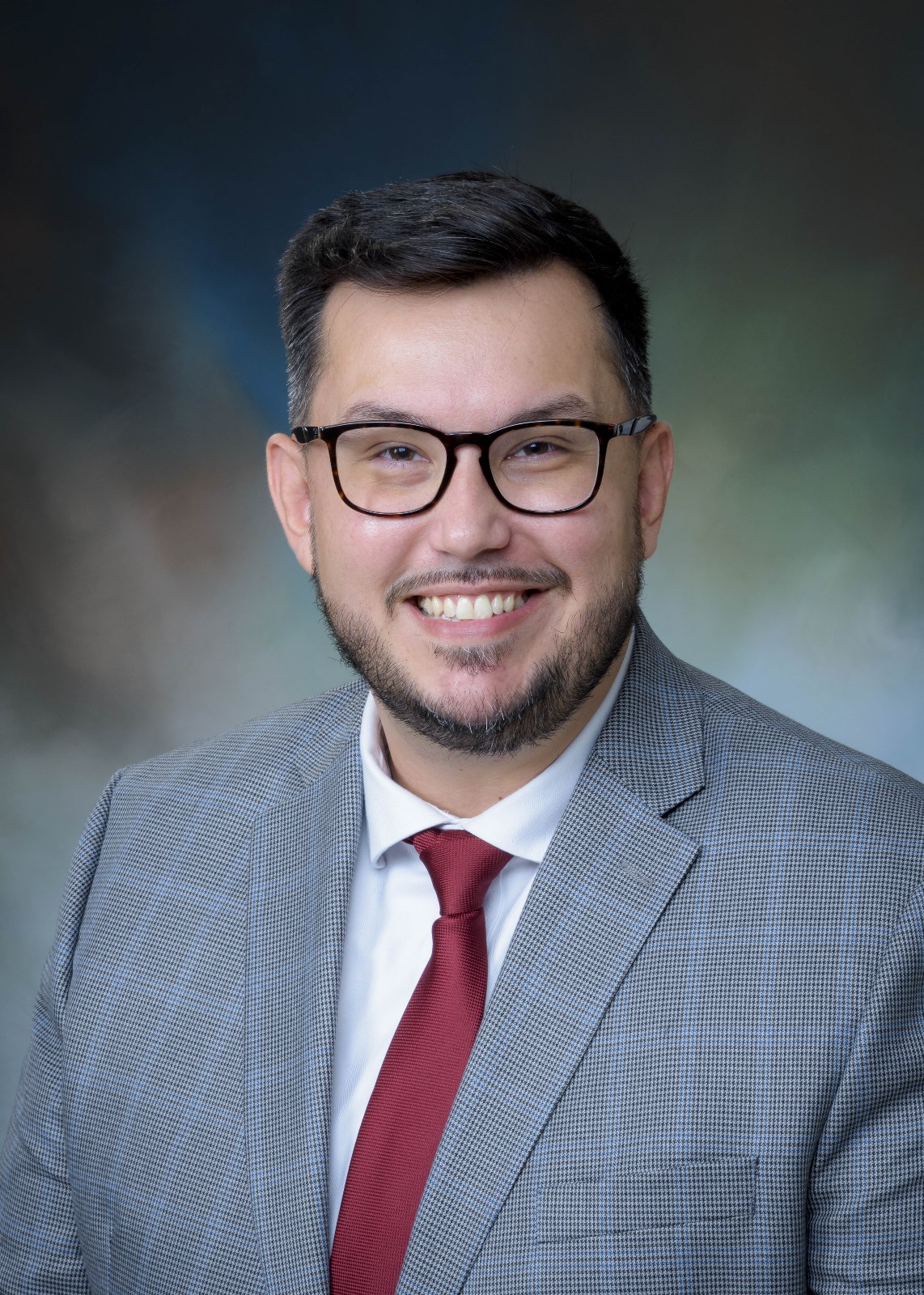
Dr. Matt is currently the Program Manager of Team Science at the University of Texas Medical Branch (UTMB). In this role, he works to facilitate research collaboration and development for both the academic and clinical enterprises.
By training, Dr. Mendoza is a neuroscientist with over 8 years of basic research. His previous research focused on understanding the basic biological mechanisms of learning, memory, and substance abuse. During his PhD, Dr. Mendoza became interested in the intersection of science and business. More specifically, he wanted to understand the process of bringing life-saving discoveries to society. Therefore, he spent the early part of his career at the University of Texas (UT) System, where he worked to support academic technology development, commercialization, and innovation programs across all 14 UT-affiliated institutions. At the UT System, he reviewed royalty sharing/IP policies, managed academic start-up programs, and even supported PhD career development. More recently, Dr. Mendoza served as business strategist and consultant for a small pharmaceutical marketing firm based out of Chicago. In this role, he helped pharmaceutical companies navigate international sales strategies, create clinically accurate promotional materials, and launch products throughout the European Union.
In May 2024, Dr. Mendoza joined forces with Dr. Alan Landay to redefine the role of team science at UTMB and beyond. More specifically, he works to forge and sustain research partnerships—both within the university and across the broader scientific, clinical, and industry landscapes—driving collaboration to tackle the most pressing challenges in science and medicine.
Coffee Break
Panelists:
Mr. Toshifumi ITO- Embassy of Japan in Egypt
Ms. Eina Ueno- JICA expert
Prof. Eiji NAGASAWA- Director of JSPS Cairo Research station
Prof. Tamr Nasr- Director, Kyushu University office in Cairo
Prof. Gad EL-Qady- Vice President of JSPSAAE
Institutional reform and governance are our path to a more efficient educational system
Prof. Ahmed Gamal- Former Minister of Education and Professor of Law at the Faculty of Law – Mansoura University
28 April 2025
Nanomedicine and Transforming Healthcare: Some Innovations in Disease Treatment, Diagnosis, and Tissue Engineering (From Lab to Society)
Prof. Ibrahim El-Sherbiny- Zewail City of Science and Technology
Location: Faculty of Science
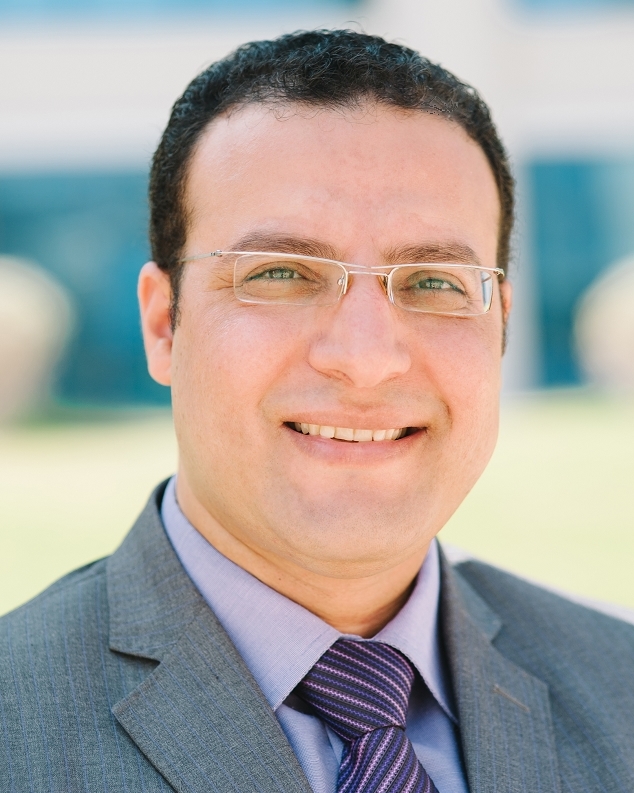
Dr. Ibrahim M. El-Sherbiny (BSc-Hons, MSc, PhD, DSC, FAAS, MRS, BMS, AAPS, NZIC), a distinguished figure in the field of nanotechnology and materials science, is renowned for his groundbreaking contributions to academia and research. As a tenured chair professor of nanotechnology and founding chairman of unique educational programs, a vital part of his bright journey began after his selection by the late Nobel Laureate Professor Ahmed Zewail to be a founding member of Zewail City of Science & Technology, Egypt.
El-Sherbiny's academic acumen was honed through his Bachelor's and Master's degrees at Mansoura University, followed by PhD in Smart Drug Delivery from Massey University, New Zealand. He furthered his research as a post-doctoral fellow and Assistant-Professor at esteemed institutions such as the University of New Mexico and the University of Texas-Austin, USA.
Throughout his career, El-Sherbiny has amassed over 270 scientific papers in prestigious journals, authored multiple books, and holds numerous patents in USA, Europe, and Egypt. His research primarily focuses on developing innovative nanostructures for various biomedical applications, including drug delivery, tissue engineering, and biosensing.
El-Sherbiny's achievements have garnered widespread global recognition, with over 70 national and international awards, including the Order of the Egyptian Republic in Science and Arts, State Award for Excellence in Advanced Sciences. He has been honored by several esteemed organizations worldwide, showcasing his global impact and influence in the field of nanotechnology/nanomedicine.
Nanomedicine — its key advantages, emerging potential, challenges, and future
prospects
Panelists:
Prof. Imran Saleem- Liverpool John Moores University
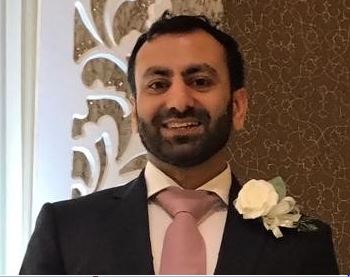
Professor Imran Saleem is a professor in nanomedicine within the School of Pharmacy & Biomolecular Sciences, Liverpool John Moores University, UK and Leader of Nanomedicine, Formulation & Delivery Research Group. His research is aimed at developing novel delivery systems for targeting therapeutic agents to their site of action, with particular emphasis on lung diseases via pulmonary delivery. He has over 20 years’ experience in the area of micro/nanoparticle formulation and drug delivery systems, and has published extensively in peer-reviewed journals, conference abstracts and book chapters. His research group is focused on the design and development of nanocarriers for delivery of biomacromolecules including, genes, peptides, vaccines and drugs.
Nanomedicine — its key advantages, emerging potential, challenges, and future
prospects
Panelists:
Prof. Twan Lammers- RWTH Aachen University Clinic
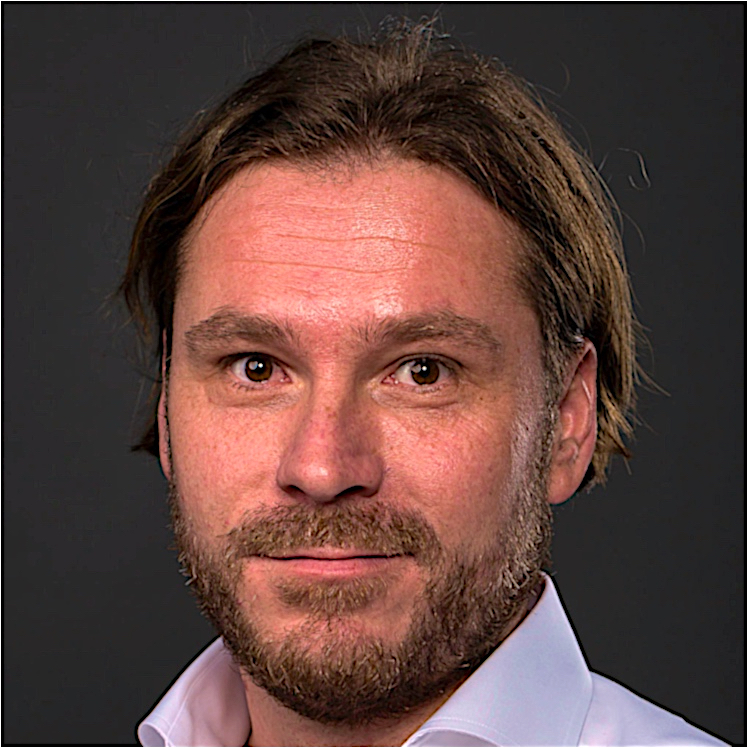
Prof. Twan Lammers obtained a DSc in Radiation Oncology from Heidelberg University in 2008 and a PhD in Pharmaceutical Technology from Utrecht University in 2009. In the same year, he started the Nanomedicine and Theranostics group at RWTH Aachen University. In 2014, he was promoted to full professor of medicine at RWTH Aachen University Clinic. His group aims to individualize and improve disease treatment by combining drug targeting with imaging. He is included in the Clarivate Analytics list of Highly Cited Researchers, is a past president of the Controlled Release Society and currently serves as secretary of the European Society for Molecular Imaging.
Nanomedicine — its key advantages, emerging potential, challenges, and future
prospects
Panelists:
Prof. Dr. Tao Sun- Vice Dean School of Pharmacy, Fudan University
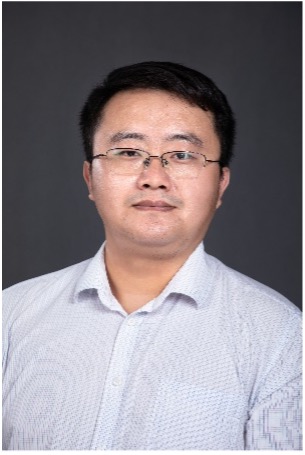
Prof. Tao Sun is a full-time professor at School of Pharmacy, Fudan University, China. His research mainly focuses on molecular design of drug delivery system with the aim of tumor targeting and penetrating, and microenvironment-triggered drug release. He obtained his B.S. and Ph.D. degrees from Shandong University, China, during when, he served as a joint Ph.D. student at École Normale Supérieure, France. From 2012 to 2015, he worked as a postdoctoral fellow supervised by Prof. Jean-Christophe Leroux at Eidgenössische Technische Hochschule Zürich, Switzerland. Since 2015, he joined Fudan University as a PI. As first or corresponding author, in all he published more than 70 peer-reviewed papers on high-impact journals including Trend Chem, Adv Mater, Adv Drug Del Rev, Adv Funct Mater, ACS Nano, Nano Lett, etc. He has been honored with titles such as the Young Pioneer from the Royal Society of Chemistry (RSC) and is also recognized as a National High-Level Young Talent in China.
Location: Faculty of Science

Dr. Ibrahim M. El-Sherbiny (BSc-Hons, MSc, PhD, DSC, FAAS, MRS, BMS, AAPS, NZIC), a distinguished figure in the field of nanotechnology and materials science, is renowned for his groundbreaking contributions to academia and research. As a tenured chair professor of nanotechnology and founding chairman of unique educational programs, a vital part of his bright journey began after his selection by the late Nobel Laureate Professor Ahmed Zewail to be a founding member of Zewail City of Science & Technology, Egypt.
El-Sherbiny's academic acumen was honed through his Bachelor's and Master's degrees at Mansoura University, followed by PhD in Smart Drug Delivery from Massey University, New Zealand. He furthered his research as a post-doctoral fellow and Assistant-Professor at esteemed institutions such as the University of New Mexico and the University of Texas-Austin, USA.
Throughout his career, El-Sherbiny has amassed over 270 scientific papers in prestigious journals, authored multiple books, and holds numerous patents in USA, Europe, and Egypt. His research primarily focuses on developing innovative nanostructures for various biomedical applications, including drug delivery, tissue engineering, and biosensing.
El-Sherbiny's achievements have garnered widespread global recognition, with over 70 national and international awards, including the Order of the Egyptian Republic in Science and Arts, State Award for Excellence in Advanced Sciences. He has been honored by several esteemed organizations worldwide, showcasing his global impact and influence in the field of nanotechnology/nanomedicine.
Implementing Public-Private Partnerships in Health Professions’ Training: Practical Strategies for the Global South
Prof. Alan Landay, PhD, Vice President of Team Science at UTMB

Dr. Alan Landay is the Vice President of Team Science and Professor in the Departments of Internal Medicine and Microbiology and Immunology at the University of Texas Medical Branch, Galveston. He has been involved in HIV research for over 43 years, having performed some of the first immune evaluations of HIV-infected hemophiliacs in 1981 while completing a postdoctoral fellowship at the University of Alabama, Birmingham.
More recently, he has focused his efforts on studies of COVID-19 where he led the research effort for COVID-19 in the Department of Medicine at Rush and was the leader in establishing the COVID-19 biorepository. He also lead the COVID-19 lab efforts for the NIH-funded ACTG Lab group. Additionally, Dr. Landay has been working on developing novel host biomarkers for characterizing both emerging and re-emerging pathogens as part of the Abbott Pandemic Defense Coalition. He is in the process of extending his studies to now include a multi-omics approach to evaluate arboviruses especially dengue and focused on metabolomics and proteomics. He has published over 600 peer-reviewed papers focused on basic and clinical studies of HIV, with an emphasis on the role of immune activation, inflammation, and the microbiome in HIV pathogenesis, therapy, aging, and cure research.
Implementing Public-Private Partnerships in Health Professions’ Training: Practical Strategies for the Global South
Dr. Hani Serag- University of Texas Medical Branch

Dr. Serag is a physician and a public health researcher. He is currently the director of the Division of Global Partnership and an assistant professor at the Department of Population Health and Health Disparities at the School of Public and Population Health. He is also an adjunct assistant professor at the Departments of Internal Medicine and Pediatrics, and an associate member of the Graduate Faculty at the Graduate School of Biomedical Sciences, the University of Texas Medical Branch (UTMB).
Dr. Serag focuses on enhancing the responsiveness of health systems, specifically through incorporating preventive measures for chronic health conditions into clinical settings. He is currently the Principal Investigator of the Diabetes Prevention and Control Programs focusing on diabetes prevention and diabetes self-management education. He is also the project director of HIV routine screening at the Emergency department. Both programs are well-supported by federal and state grants.
Dr. Serag’s teaching, research, and public health practice interests are health policy and governance, health system policies, health equity, and rights for community empowerment. He has sound experience in working in different settings and across cultures. Dr. Serag is the director of UTMB global health sites in the Middle East and North Africa, providing quality training opportunities for UTMB students abroad.
From 2005-2008, he led the civil society engagement with the WHO Commission on Social Determinants of Health. Between 2000-2009, he served as the Health Policy and Systems Program director at the Association for Health and Environmental Development, a leading think-tank group in Egypt.
Dr. Matt Mendoza- Program Manager of Team Science
Location: Urology and Nephrology Center

Dr. Matt is currently the Program Manager of Team Science at the University of Texas Medical Branch (UTMB). In this role, he works to facilitate research collaboration and development for both the academic and clinical enterprises.
By training, Dr. Mendoza is a neuroscientist with over 8 years of basic research. His previous research focused on understanding the basic biological mechanisms of learning, memory, and substance abuse. During his PhD, Dr. Mendoza became interested in the intersection of science and business. More specifically, he wanted to understand the process of bringing life-saving discoveries to society. Therefore, he spent the early part of his career at the University of Texas (UT) System, where he worked to support academic technology development, commercialization, and innovation programs across all 14 UT-affiliated institutions. At the UT System, he reviewed royalty sharing/IP policies, managed academic start-up programs, and even supported PhD career development. More recently, Dr. Mendoza served as business strategist and consultant for a small pharmaceutical marketing firm based out of Chicago. In this role, he helped pharmaceutical companies navigate international sales strategies, create clinically accurate promotional materials, and launch products throughout the European Union.
In May 2024, Dr. Mendoza joined forces with Dr. Alan Landay to redefine the role of team science at UTMB and beyond. More specifically, he works to forge and sustain research partnerships—both within the university and across the broader scientific, clinical, and industry landscapes—driving collaboration to tackle the most pressing challenges in science and medicine.
29 April 2025
Diabetes and the Major Histocompatibility Complex: Reflections
Prof. Dr. Ilias Doxiadis – University Hospital Leipzig
Moderator: Prof. Alaa Wafa- Vice Dean of Medicine Faculty for Graduate Studies
Location: Faculty of Medicine- Prof. Ibrahim Abu el Naga hall
A Computer- Aided Diagnostic System For the Early and Automatic Diagnosis of Retinopathy in Diabetic Patients Using OCT Images
Prof. Ashraf Swelam- Professor of Ophthalmology, Mansoura University
Prof. Alaa Wafa- Vice dean of postgraduate studies and Research.
Prof. Hanan Gawish- Professor of Diabetes and Endocrinology
Chairman of Egyptian Society of Diabetic foot
Prof. Yousef Mosaad- Prof Clinical Pathology &Immunology
Prof. Ashraf Elsharkawy- Director of university children's hospital
Location: Faculty of Medicine – Prof. Ibrahim Abu el Naga hall
AI in Biomedical Engineering: Shaping the Future of Healthcare
Dr. Hossam Eldin Mostafa- Faculty of Engineering - Mansoura University
Location: Faculty of Engineering
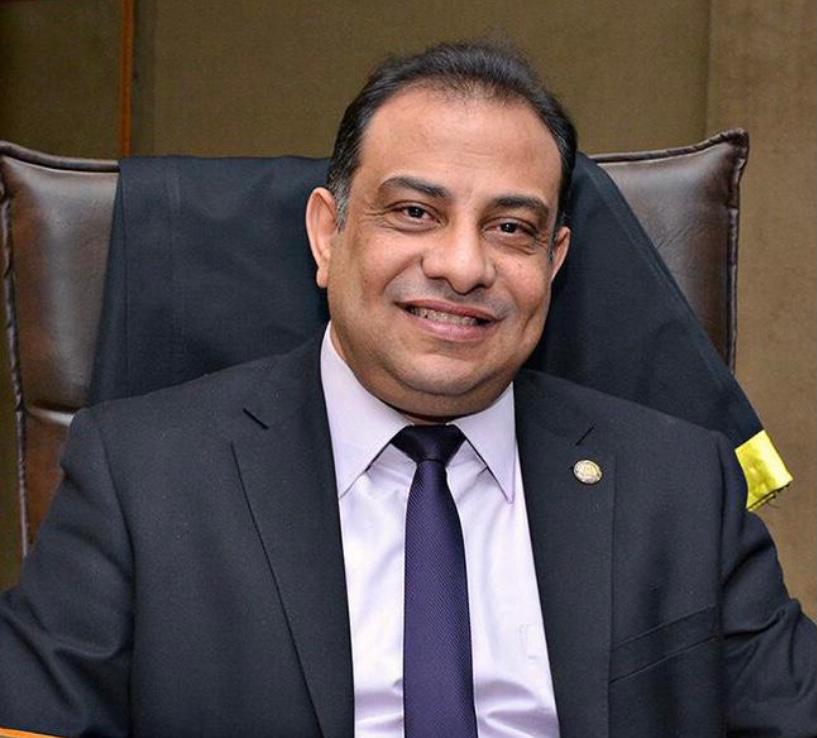
Prof. Hossam El-Din Moustafa, Professor at the Department of Electronics and Communications Engineering. He is the founder and former executive manager of Biomedical Engineering Program (BME) - Faculty of Engineering - Mansoura University. Now he occupies the position of The General Coordinator of Specific Programs. He has more than Sixty international publications in the field of AI applications in biomedical engineering. He supervised and arbitrated 70 master's and doctoral dissertations. The main research points include biomedical imaging, Bioinformatics, Bio signal processing, and Machine Learning applications in the medical field. He is an IEEE Senior Member.
Dr. Mohamed Shehata- University of Louisville
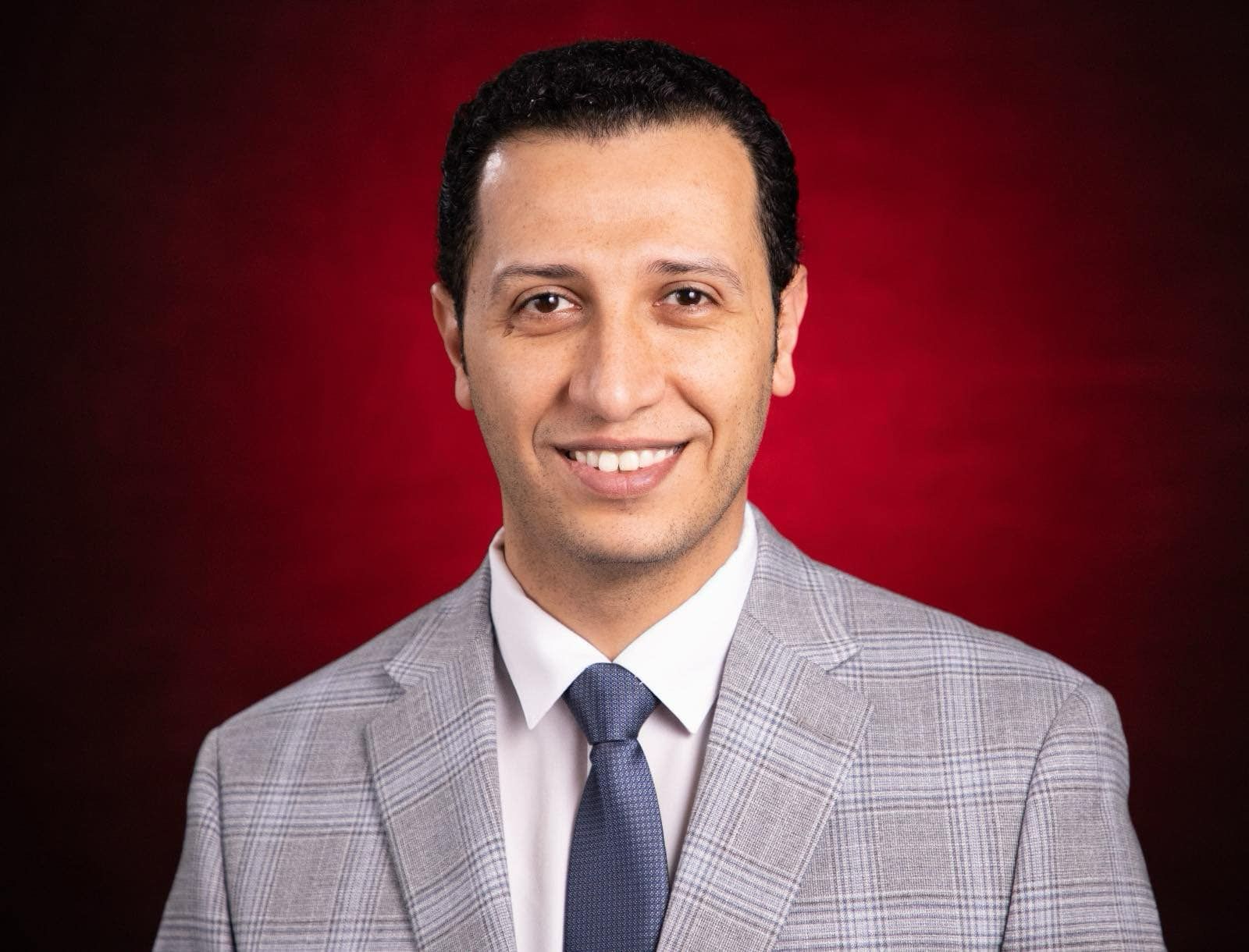
MOHAMED SHEHATA (Member, IEEE) received the B.Sc. degree in computer engineering and control systems from Mansoura University, Egypt, in 2009, the M.Sc. degree from the ECE Department, University of Louisville (UofL), in 2016, and the Ph.D. degree from the Computer Science and Engineering Department, UofL, in 2022. He is currently a Postdoctoral Fellow with the Department of Bioengineering, UofL. He has actively been working on machine and deep learning for medical imaging analysis, specifically the design of computer-aided diagnostic and prediction systems for the early detection of different medical conditions. He has authored in more than 80 technical peer-reviewed publications, such as IEEE Transactions on BIOMEDICAL ENGINEERING, Scientific Reports (Nature), Medical Physics, IEEE ACCESS, Artificial Intelligence in Medicine, Insights into Imaging, PLOS One, Cancers, Diagnostics, Sensors, British Journal of Radiology, MICCAI, IEEE ISBI, IEEE ICIP, and IEEE ICPR. He has received more than 26 international and local prestigious awards, including the IEEE Computing’s Top 30 Early Career Professionals 2024, Best Oral Presentation Award in Med-Forward Conference 2025, John M. Houchens Prize for the Most Meritorious Dissertation at UofL, in Fall 2022; the MIT Technology Review Award for Innovators Under 35 Years Old, in 2021; the Doctoral Dissertation Completion Award, in 2021; the Research of Louisville, in 2021 and 2024; the EPIC Innovator Award, from 2019 to 2022; and the Exemplary Research Scholarship Award, from 2019 to 2023. He is serving as a Guest Editor for prestigious journals, including Frontiers in Medicine, Frontiers in Oncology, Frontiers in Neuroscience, Cancers, Bioengineering, Diagnostics, Sensors, and Electronics.
Dr. Ahmed Elnakib- Associate Professor- Mansoura University
Business Education in the Age of Revolutionary Technologies: Opportunities and
Challenges
Prof Khaled Hassanein - DeGroote School of Business
Prof Chuck Pierce- Oakland University
Prof. Haya Ajjan- Elon University
Dr. Samer Elhajjar- National University of Singapore
Moderator: Dr. Mohamed Mekhaimer- St. John Fisher University
Location: Faculty of Commerce- Hall of Prof. AbdElaziz Mekhaimer
30 April 2025 at Faculty of Commerce
Panel Discussion: U.S.–Egypt: Expanding Avenues for Cooperation
Arpi Khatcherian- American Cairo Center (ACC) Director
Bassem Elitriby- Regional English Language Office (RELO) Program Assistant
Samar Gamal Eldin – Exchange Programs Coordinator
Mirna Gorgy – Public Engagement Assistant (Alumni Affairs)
The Next Generation of AI Investment: From Super-human to Post-human
Dr. Michael Hsieh- Stanford University Center for International Security and Cooperation
Much of AI progress over the last few decades has been driven by benchmarking against top-level human performance. For tasks with formal structure (e.g., medical diagnosis, text understanding, chess, go), such limits have been reached in many significant benchmarks. But now we are seeing AI perform strongly on tasks that humans perform poorly on BECAUSE they are human — for instance, persuading other humans to disbelieve conspiracy theories (e.g., that the Moon landing was faked). Join us for a discussion on how “post-human” AI capabilities may re-define what is possible in future AI investment when human performance is no longer the gold standard for what is best or what is possible.
Success Stories
1- Urology and Nephrology Center
2- Cardio Thoracic and Vascular Surgery Center
3- Oncology Center
4- Vertebrate Paleontology center
5- Gastrointestinal Surgery Center

 English
English  اللغة العربية
اللغة العربية 
